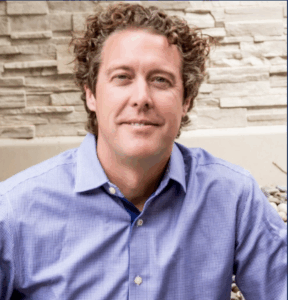Trial Strategy v. Trial Tactics: Why Lawyers Confuse Them and What it Costs You [Ep 158]
Are you confident in knowing the difference between trial strategy and trial tactics?
Because ultimately the question is, does your jury understand what you’re doing?
Today, we’re looking at how to identify a clear strategy as the overarching theme that guides the trial, followed by the tactics to achieve that strategy.
There’s a risk of confusing the two, including wasted time and causing confusion for jurors. The best strategies combine preparation and flexibility when you’re in the courtroom.
And remember, focus groups can test strategies early in the trial preparation process, showing you where to refine those strategies early.
In this episode:
- Confusing strategy and tactics can lead to juror confusion.
- Tactics should be flexible and adaptable during trial.
- Jurors expect consistency in case presentation.
- Wasting time on tactics without a clear theme can cost cases.
- Focus groups can help test and refine trial strategies early.
You can also watch this episode on my YouTube Channel:
Have a trial or mediation coming up and want to test with a focus group? Book a free consultation call with Elizabeth to learn more:
Don’t miss out on the Trial Lawyer Prep Newsletter that is delivered right to your email with extra tips and ‘how to’ information. Join the newsletter here:
